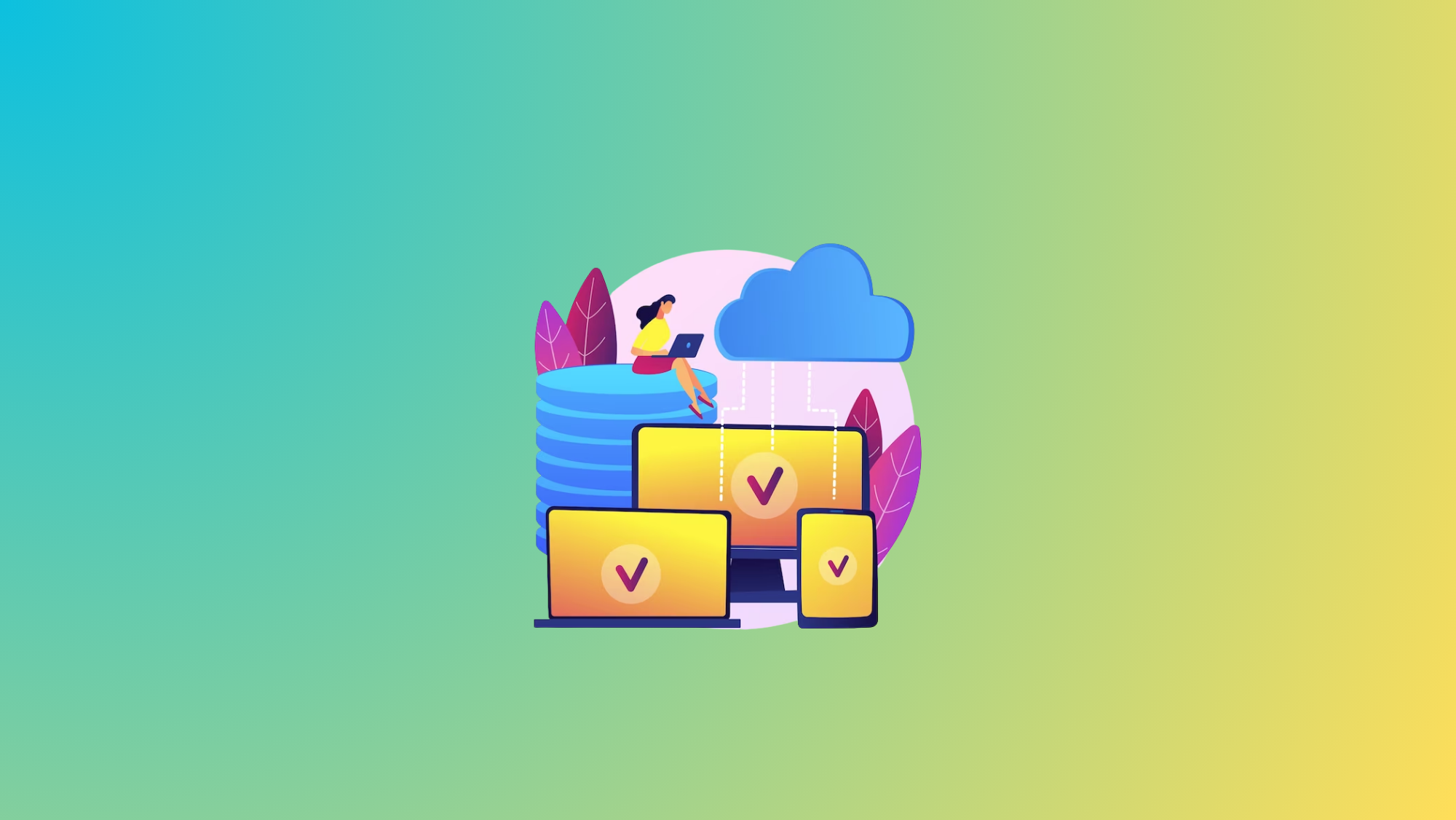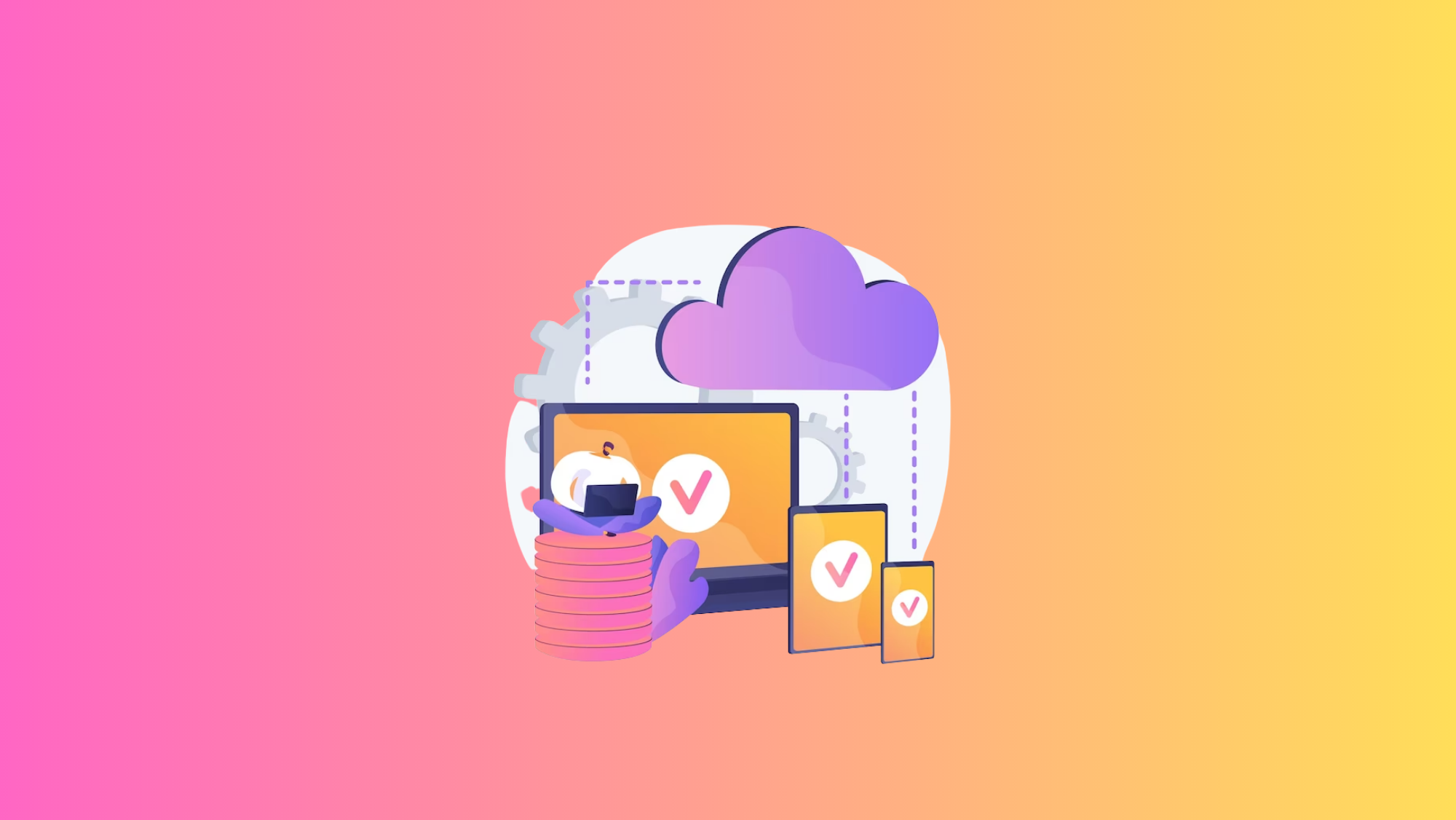Everything You Need to Know Oracle Application Framework Training
Introduction:
Oracle Application Framework (OAF) is a comprehensive framework developed by Oracle Corporation for building web-based applications within the Oracle E-Business Suite (EBS) environment. It provides a set of tools, libraries, and design patterns that simplify application development and customization. OAF follows a Model-View-Controller (MVC) architecture, enabling developers to create user-friendly interfaces, implement business logic, and seamlessly integrate with existing EBS modules. With its robust features and flexibility, OAF empowers organizations to extend and enhance their EBS applications to meet specific business requirements.
Why is Oracle Application Framework Training Important?
1. Mastering a Complex Framework: OAF is a comprehensive and intricate framework with its own set of rules, concepts, and development patterns. Training equips developers with the knowledge and skills needed to navigate through this complexity. Understanding the framework's architecture, components, and design principles allows developers to build robust and scalable applications that meet specific business requirements.
2. Enhanced Productivity and Efficiency: Proper OAF training empowers developers to leverage the framework's built-in tools, libraries, and features effectively. They learn to harness its capabilities to streamline development processes, reducing time and effort required for coding and customization. This, in turn, boosts productivity and efficiency within the development team, enabling faster delivery of high-quality applications.
3. Customization and Flexibility: OAF training equips developers with the expertise to customize Oracle EBS applications according to organizational needs. They learn how to extend the functionality of existing modules, create user-friendly interfaces, and implement business logic seamlessly. With this flexibility, organizations can tailor their applications to unique requirements, ensuring a perfect fit for their specific business processes.
4. Integration and Scalability: Successful application integration is critical for organizations aiming to leverage their existing Oracle EBS investments. Through OAF training, developers gain insights into integrating applications with existing modules, facilitating seamless data flow and business process automation. This integration capability ensures scalability as the organization grows, enabling applications to adapt and evolve with changing business demands.
5. Effective Troubleshooting and Maintenance: Even the most well-designed applications encounter issues during their lifecycle. OAF training equips developers with troubleshooting techniques, debugging strategies, and performance optimization skills. This knowledge enables them to identify and resolve issues efficiently, minimizing downtime and enhancing the overall stability and reliability of the applications.
Oracle Application Framework Career Opportunities:
1. Oracle Application Developer: As an OAF developer, you would be responsible for designing, developing, and customizing Oracle applications using the OAF framework. This role involves understanding business requirements, writing code, and performing testing and debugging to ensure the functionality and performance of the applications.
2. Oracle Application Consultant: As a consultant, you would work closely with clients to understand their business needs and provide solutions using the Oracle E-Business Suite and OAF. You would analyze requirements, configure applications, develop customizations, and provide ongoing support and training.
3. Oracle Technical Consultant: This role involves a broader scope of Oracle technologies, including OAF. Technical consultants work on implementing integrating, and customizing Oracle applications, including OAF components. They may also be involved in data migration, performance tuning, and troubleshooting.
4. Oracle Solution Architect: Solution architects are responsible for designing and implementing Oracle-based solutions for clients. They work closely with business stakeholders to understand requirements, evaluate technology options, and design scalable and efficient solutions using OAF and other Oracle technologies.
5. Oracle Project Manager: Project managers with expertise in the Oracle E-Business Suite and OAF can lead implementation projects involving Oracle applications. They coordinate resources, manage timelines, ensure successful delivery of projects within budget and scope.
6. Oracle Support Engineer: Support engineers provide technical support to end-users of Oracle applications, including OAF-based customizations. They troubleshoot issues, perform root cause analysis, and provide solutions and workarounds to ensure the smooth operation of Oracle applications.
Prerequisites For Oracle Application Framework Training:
1. Oracle E-Business Suite: OAF is a framework used within the Oracle E-Business Suite, so a good understanding of the suite's modules, architecture, and functionality is essential. Familiarize yourself with key concepts, such as Oracle database tables, concurrent processing, and security.
2. Java Development: OAF is primarily developed using Java, so having a strong foundation in Java programming is necessary. Knowledge of object-oriented programming (OOP) concepts, Java syntax, and Java frameworks will be advantageous.
3. PL/SQL: OAF integrates with the Oracle database, and PL/SQL is the primary language used for database interactions. Understanding PL/SQL programming, SQL queries, stored procedures, and triggers will be beneficial for working with OAF.
4. Web Technologies: OAF is used to build web-based applications, so having knowledge of web technologies like HTML, CSS, JavaScript, and XML is crucial. Understanding web services, AJAX, and frameworks like Oracle JDeveloper will also be advantageous.
5. Oracle JDeveloper: Oracle JDeveloper is the Integrated Development Environment (IDE) commonly used for OAF development. Familiarize yourself with JDeveloper's features, such as the visual editor, code editor, and debugging capabilities.
6. Oracle Application Development Framework (ADF): OAF is built on top of the Oracle ADF, a comprehensive Java-based framework. Understanding the concepts and components of ADF, such as the Model-View-Controller (MVC) pattern and ADF Faces components, will help you work effectively with OAF.
Conclusion:
The Oracle Application Framework (OAF) provides a powerful development framework for building and customizing applications within the Oracle E-Business Suite. With its integration capabilities, extensive documentation, and support from Oracle, OAF offers promising career opportunities for professionals. By acquiring proficiency in OAF, along with the necessary prerequisites such as Oracle E-Business Suite knowledge, Java programming skills, and web technologies, individuals can unlock the potential to develop and customize robust applications that meet the unique requirements of organizations utilizing the Oracle E-Business Suite.
You May Also Like
These Related Stories

Mastering Oracle Application Framework: 5 Essential Tips and Tricks

Everything You Need To Know About Oracle Fusion Cloud Technical




No Comments Yet
Let us know what you think